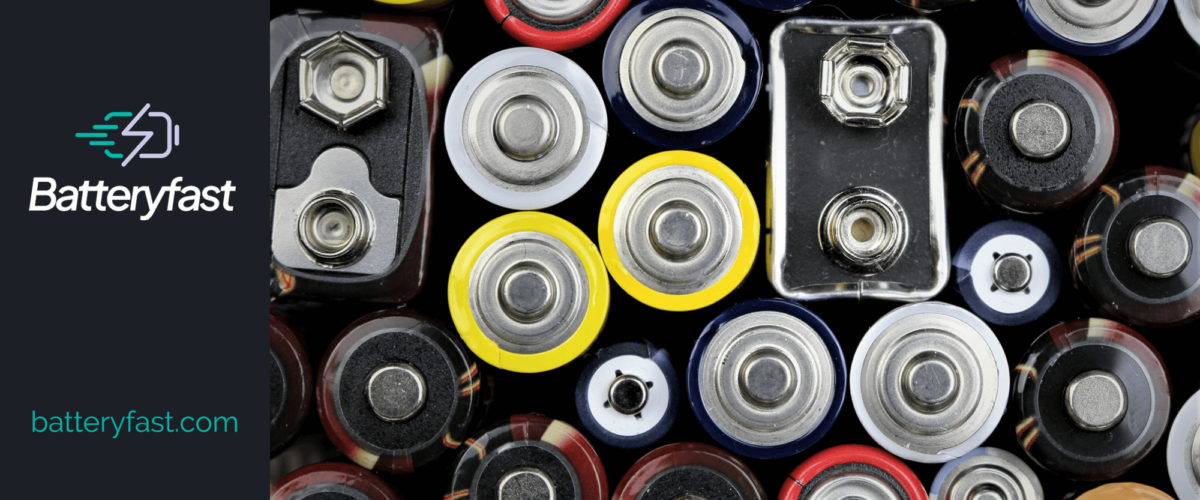One of the most widely used batteries on the market, alkaline batteries are popular due to their long shelf life and ability to work at low temperatures. Alkaline batteries are so called because of the alkaline electrolyte used in them. Over time, they have gradually replaced acid zinc carbon batteries. An alkaline battery uses zinc as the anode (positive electrode) and manganese dioxide as the cathode (negative electrode). The non-toxic chemical composition allows these batteries to be handled safely. Compared to other batteries, alkaline versions are cost-effective.
Alkaline batteries come in a range of different sizes, the most common of which are AA, AAA, A23, 9V and small button batteries used in smaller devices. Alkaline batteries are used in many different electronic devices, from remote controls to watches. The average lifespan of an alkaline battery which is stored at room temperature is 5 to 10 years, although this does depend on the size of the battery.
Most alkaline batteries are intended as primary batteries, that is, single-use cells, and so recharging them is not recommended. Some rechargeable alkaline batteries are available. These can be used with a special alkaline charger.
Alkaline batteries generally have low leakage rates. Sometimes, battery corrosion does occur within alkaline batteries. Wear gloves to remove them from the device and dispose of them correctly before wetting the corrosion within the battery case and using a dab of white vinegar to remove any build-up. Use a dry toothbrush to scrub it away. Leave the device to fully dry before installing new batteries.

